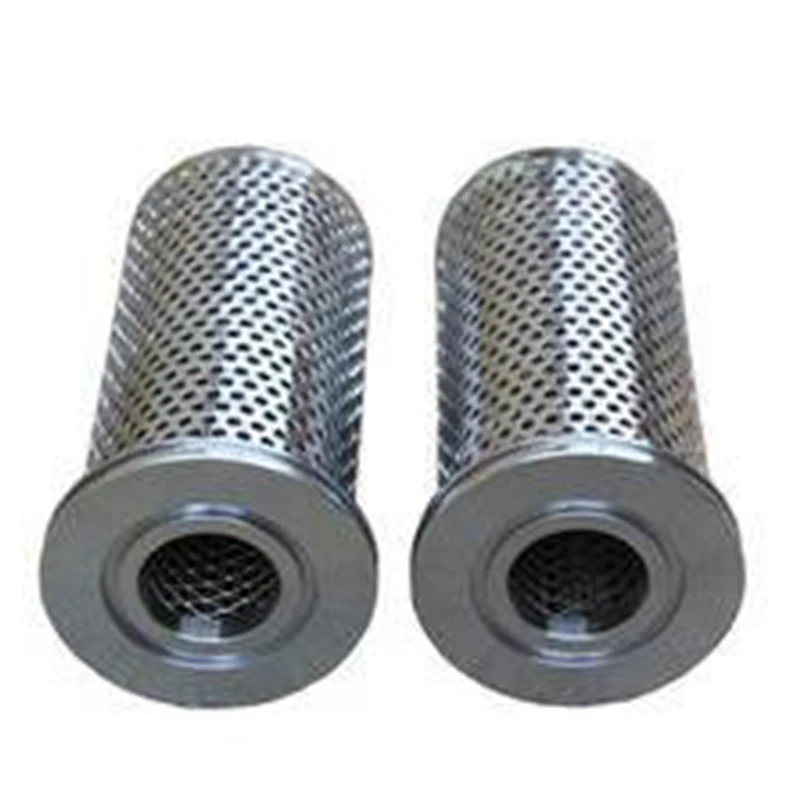 Tel:
+8618931101301
Tel:
+8618931101301
Aug . 12, 2024 02:40 Back to list
Effective Vacuum Filter Cartridge Solutions for Improved Filtration and Efficiency in Various Applications
Vacuum Filter Cartridges A Comprehensive Overview
Vacuum filter cartridges are vital components in various industrial and laboratory filtration processes. They are designed to separate solids from liquids by utilizing the principles of vacuum pressure to enhance the efficiency of the filtration process. As industries increasingly seek cost-effective and environmentally sustainable solutions, the role of vacuum filter cartridges has become more significant.
Understanding the Mechanism
The core operation of vacuum filter cartridges revolves around the application of vacuum pressure. In a typical setup, a liquid mixture is fed into a filter vessel where a vacuum is applied on the outlet side. This differential pressure causes the liquid to flow through the filter medium, while the solids are retained on the surface or within the depth of the filter. The efficiency of this process hinges on several factors, including the type of filter medium, the characteristics of the liquid and solids, and the vacuum level maintained during operation.
Materials and Design
Vacuum filter cartridges are made from a variety of materials, each selected based on the specific application and the nature of the fluids being filtered. Common materials include polypropylene, polyester, stainless steel, and various composite materials. The design of these cartridges can vary significantly, featuring different pore sizes and structures tailored to trap specific particles while allowing the desired liquid to pass through.
For instance, in applications requiring the separation of fine particles, a cartridge with a dense membrane might be used. Conversely, for coarser filtration needs, a more open structure may suffice. The adaptability in design makes vacuum filter cartridges suitable for a wide range of industries, including pharmaceuticals, food and beverage, chemical manufacturing, and wastewater treatment.
Advantages of Vacuum Filter Cartridges
vacuum filter cartridge

One of the primary advantages of using vacuum filter cartridges is their efficiency. The application of vacuum significantly speeds up the filtration process compared to gravity filtration methods. This not only improves throughput but also reduces the overall footprint of the filtration system.
Furthermore, vacuum filter cartridges often lead to enhanced product purity. The controlled nature of the vacuum environment minimizes the risk of contamination, ensuring that the final product meets stringent quality standards. This is particularly critical in sectors like pharmaceuticals and food processing, where product integrity is paramount.
Another notable benefit is the ease of maintenance. Many vacuum filter cartridges are designed for quick replacement and cleaning, minimizing downtime and allowing for smoother operational processes. This is especially important in high-demand environments where consistent operation is essential.
Environmental Considerations
In today’s eco-conscious world, sustainability plays a crucial role in the design and application of filtration technology. Vacuum filter cartridges support this movement by facilitating water recycling and reducing waste in various processes. By effectively separating solids from liquids, these cartridges help in minimizing the volume of waste that needs to be disposed of, aligning operational practices with environmental management goals.
Conclusion
In summary, vacuum filter cartridges are indispensable tools in modern filtration systems, enhancing efficiency, product quality, and sustainability. With their diverse applications across multiple industries, they represent a critical technological advancement that addresses both economic and environmental challenges. As technology continues to advance, the design and functionality of vacuum filter cartridges are likely to evolve, further solidifying their importance in filtration processes worldwide. Industries looking to optimize their filtration systems would do well to consider the myriad benefits that vacuum filter cartridges offer, ensuring compliance and competitiveness in an ever-evolving market landscape.
-
Working principle of high-efficiency dust filter elementNewsJun.26,2025
-
The truth about washable filters: Does repeated use really not affect efficiency?NewsJun.25,2025
-
Effect of humidity on the performance of activated carbon filter elementsNewsJun.24,2025
-
Material selection considerations for dust removal filter elements under high temperature conditionsNewsJun.23,2025
-
Cold knowledge of air filters: Why are some designed to be pleated?NewsJun.16,2025
-
Factory direct supply! High-precision air filter element wholesale and customizationNewsJun.12,2025

 Email:
Email:





